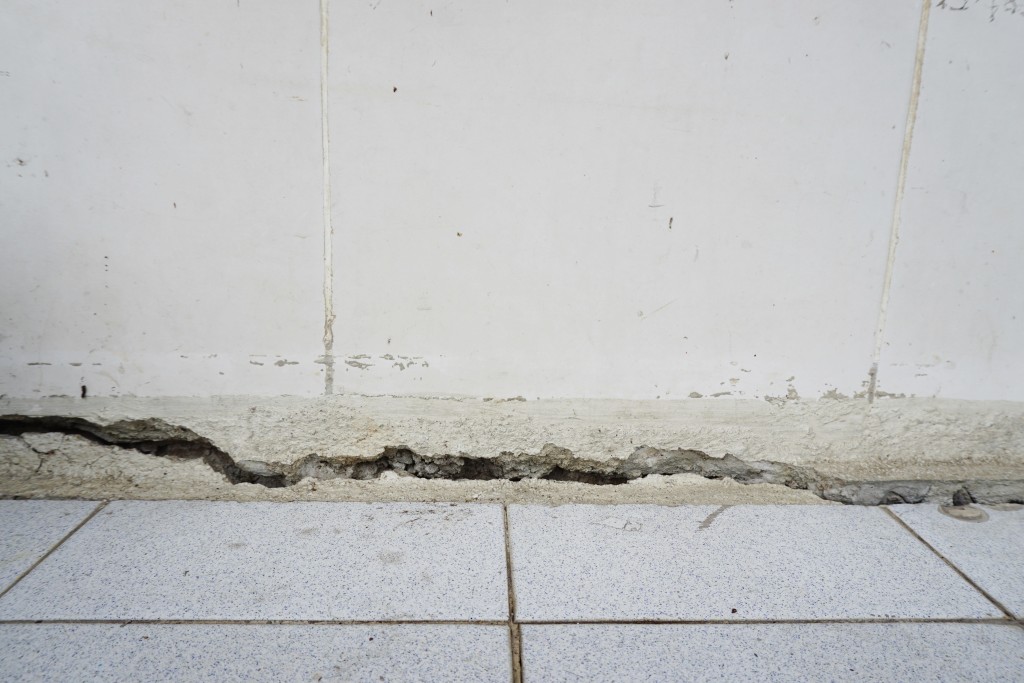Concrete is one of the most durable materials people use for the construction of houses, buildings, and roads. But despite its long-lasting strength, concrete still has the tendency to crack. It is one of the reasons many people rely on experts in industrial concrete repair when their concrete walls or floors are damaged.
There are various causes of concrete cracks. If you are aware of these factors, you may be able to prevent your floors or walls from getting damaged. You should keep in mind that most of the damages on concrete occur because of mistakes that happened at the start of applying the concrete.
Too much water was used
Concrete cracks when there’s too much water poured in the mix. Construction experts say that if you pour too much water into the concrete mix, you will lessen the strength of the material once it dries up.
One of the reasons behind this is that when you put too much water, you create bigger spaces between the aggregate materials. So, when the concrete dries and the moisture evaporates, there will be lots of spaces in the mix. This, in turn, will weaken its structure and therefore lead to cracks. Make sure you have the right concrete mixture ratio for your construction project.
It dried too quickly
Another reason your concrete might crack is it has dried up too quickly. When concrete is still wet, it needs to be cured a certain way because if not, the resulting concrete floor or wall will not be as strong as it should be. So, have your contractor make sure that your concrete dries properly.
The ground was frozen
The biggest mistake you could do when pouring concrete on the ground is pouring it on frozen ground. When the concrete dries on frozen ground, it will not be malleable anymore. In addition, when frozen ground thaws, it will change in shape or size, which will then crack your concrete floor.
Mold settled in
When your concrete is wet, dust, pollen, salts, and other microorganisms could enter it. Then, once it dries up, those things could get trapped there.
If there are dust particles or microorganisms in your concrete, they can attract mold because fungi can feed on those things. Any wet surface can become a breeding ground for molds. If mold settles in your concrete, the acid that they excrete will weaken the structural strength of your wall, which could eventually lead to cracks.
Concrete mix was wrong

Finally, one of the most common reasons concrete cracks is the mix was wrong and the resulting material is not strong enough. Preparing concrete is like baking a cake. If your contractor or concrete supplier did not follow the recipe, chances are you will have a concrete mix that is unstable.
Cracks in concrete often occur because someone made a mistake in preparing the concrete or laying it down. By knowing the reasons behind concrete cracks, you can easily avoid your walls or floors from being damaged.




